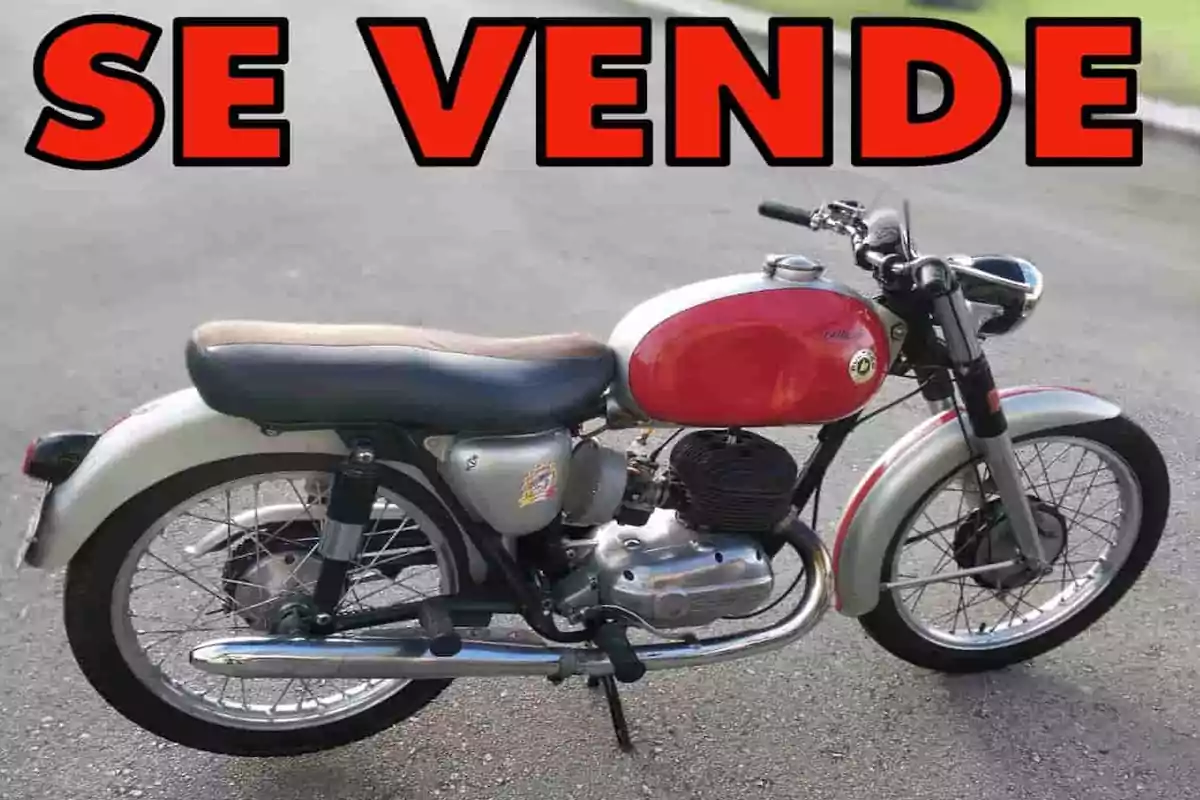
5 essential tips before buying a used motorcycle
Buying a used motorcycle can be a great idea or a real headache. The secondhand market is full of opportunities, but also of risks
Buying a used motorcycle is usually a smart idea, despite a certain negative reputation surrounding the matter.
But the truth is that the used motorcycle market is much larger than the new one and it keeps growing every year.
Prices, deals, technical specs, and images of ALL MOTORCYCLES AND SCOOTERS FOR THE A2 LICENSE
Many opportunities, significant savings, and legislation that usually protects the buyer.
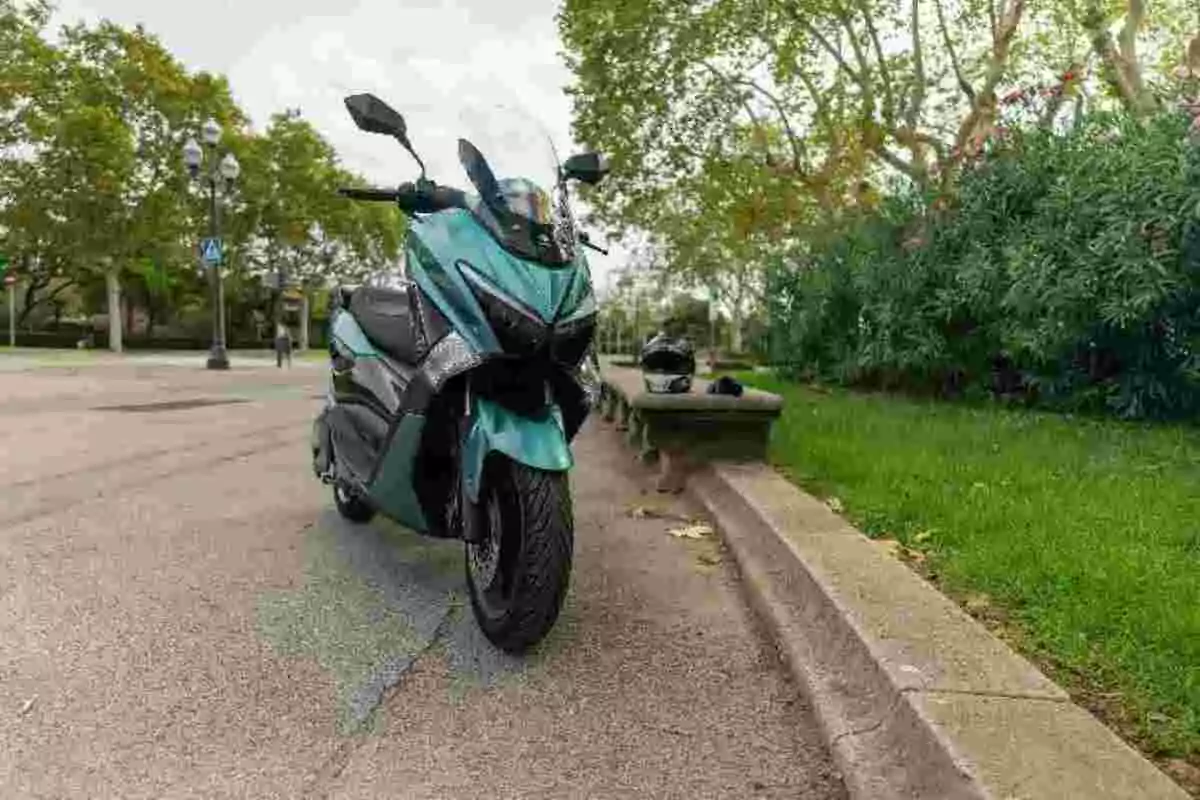
Additionally, a typical seller usually isn't eager to complicate their life by selling something that doesn't meet certain conditions.
That's why many of us prefer to go for the savings of a motorcycle with some miles (kilometers), even if we give up the pleasure of something brand new.
ALL MOTORCYCLES AND SCOOTERS FOR THE CAR LICENSE
Still, it's a good idea to have someone experienced in these matters accompany you. Or at least, make sure you listen to certain tips before buying.
1. Don't trust only appearances
A clean and shiny motorcycle isn't always a guarantee of good condition.
Check the wear on tires, brake discs, controls, footpegs, and bolts. Sometimes, a thorough cleaning and some new plastics hide years of poor upkeep.
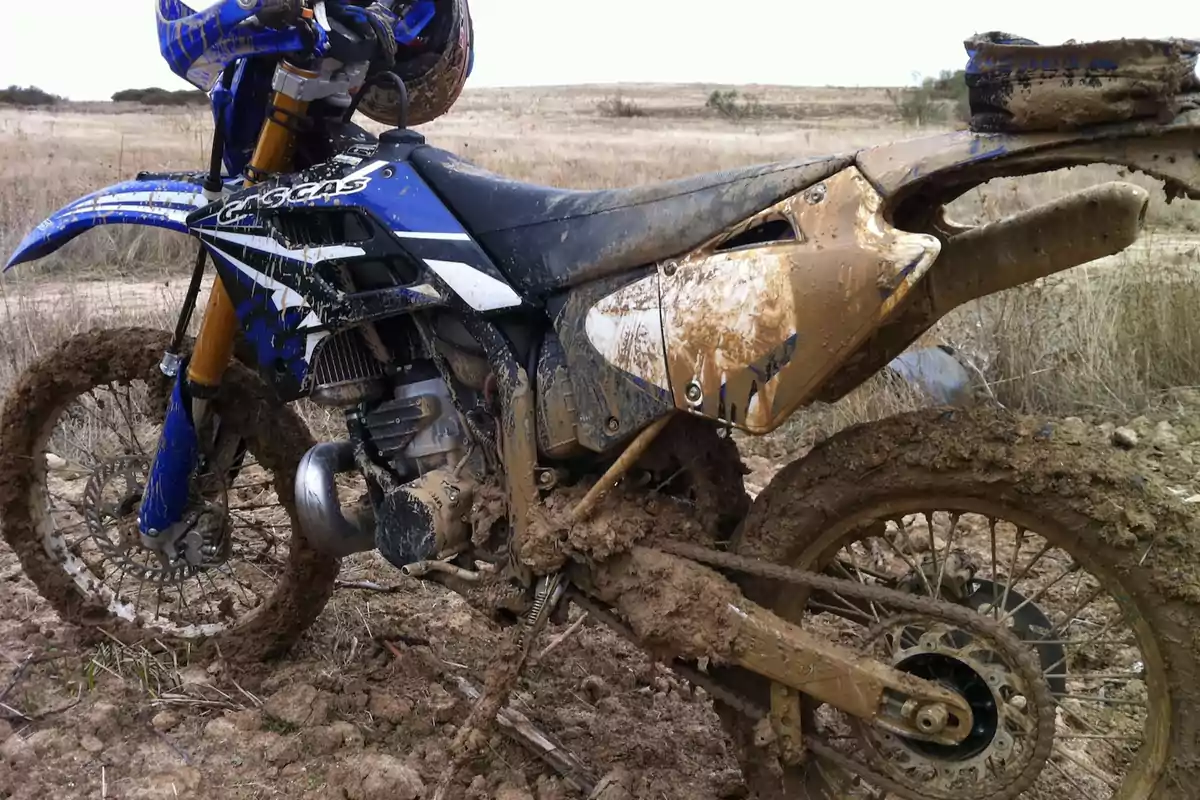
Meanwhile, an ugly motorcycle can be in excellent mechanical shape.
2. Ask for history and invoices
A good used motorcycle has a past and, therefore, papers that prove it. Ask the owner for the service history, maintenance invoices, or at least the stamped user manual.
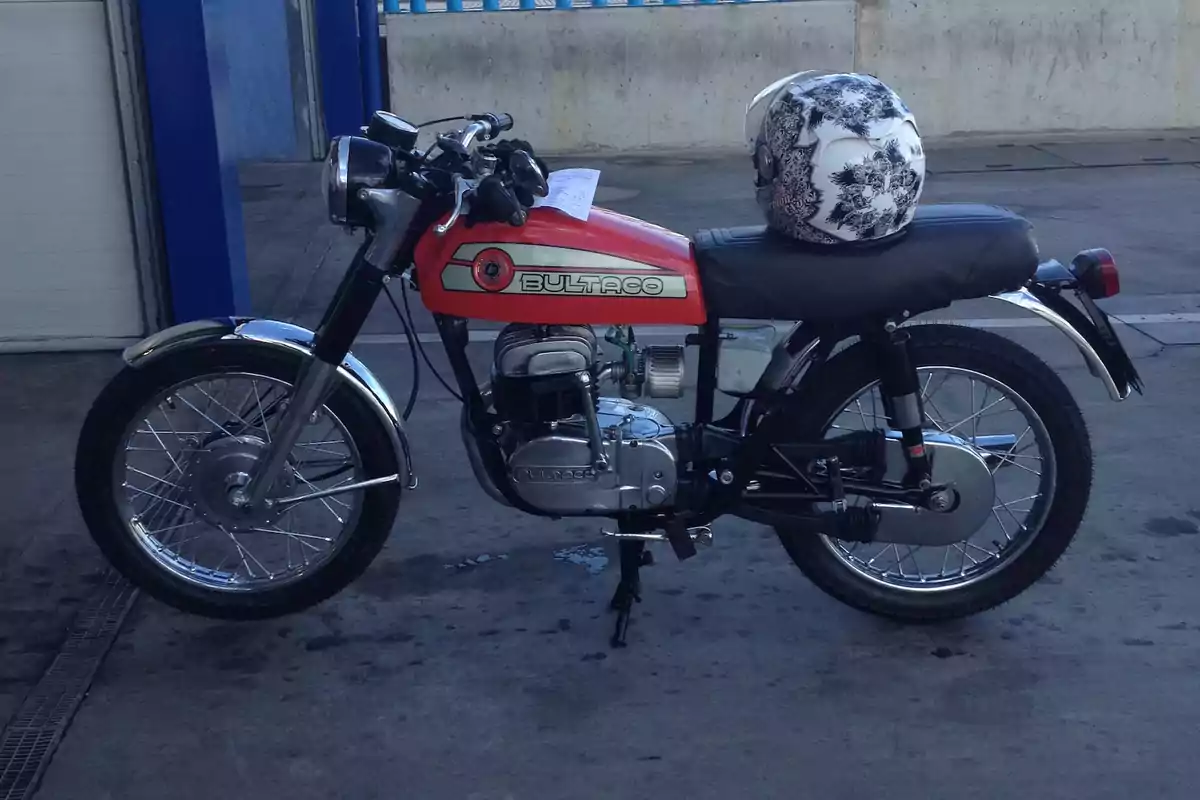
If it has passed inspections without defects and there's proof of the mileage, that's even better.
3. Check numbers and papers
The VIN must match exactly with the one on the technical sheet.
It's also important to check for any liens, seizures, or outstanding fines, which you can do through the DGT with a report.
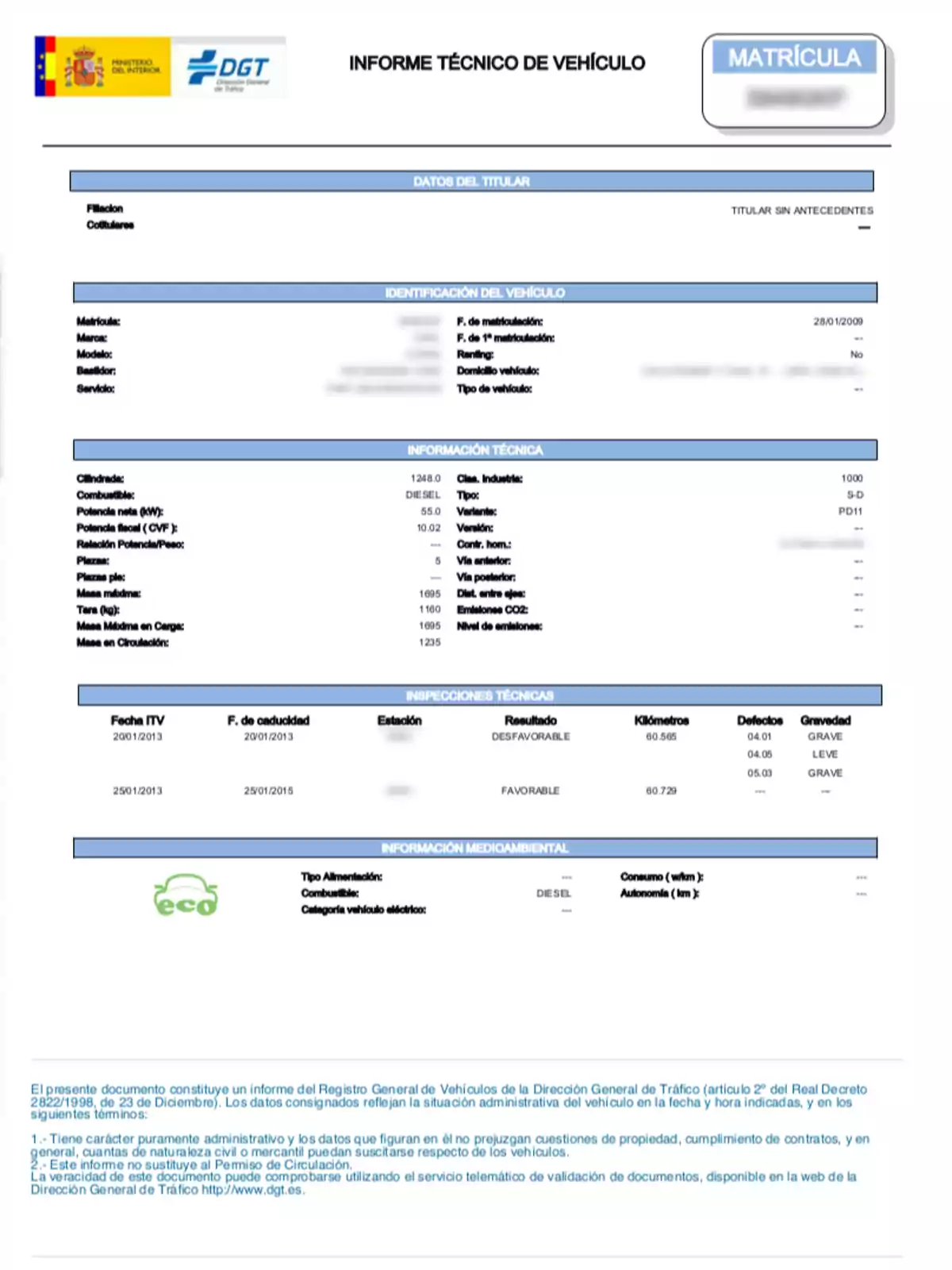
It's better to invest a few euros in that than to regret it later.
4. Test, listen, and feel
A short ride can tell you a lot. Listen to the engine when it's cold, check if it starts well, if there are strange noises, jerks, or vibrations.
Brake, turn, accelerate. A motorcycle with defects will reveal itself quickly if you're paying attention.
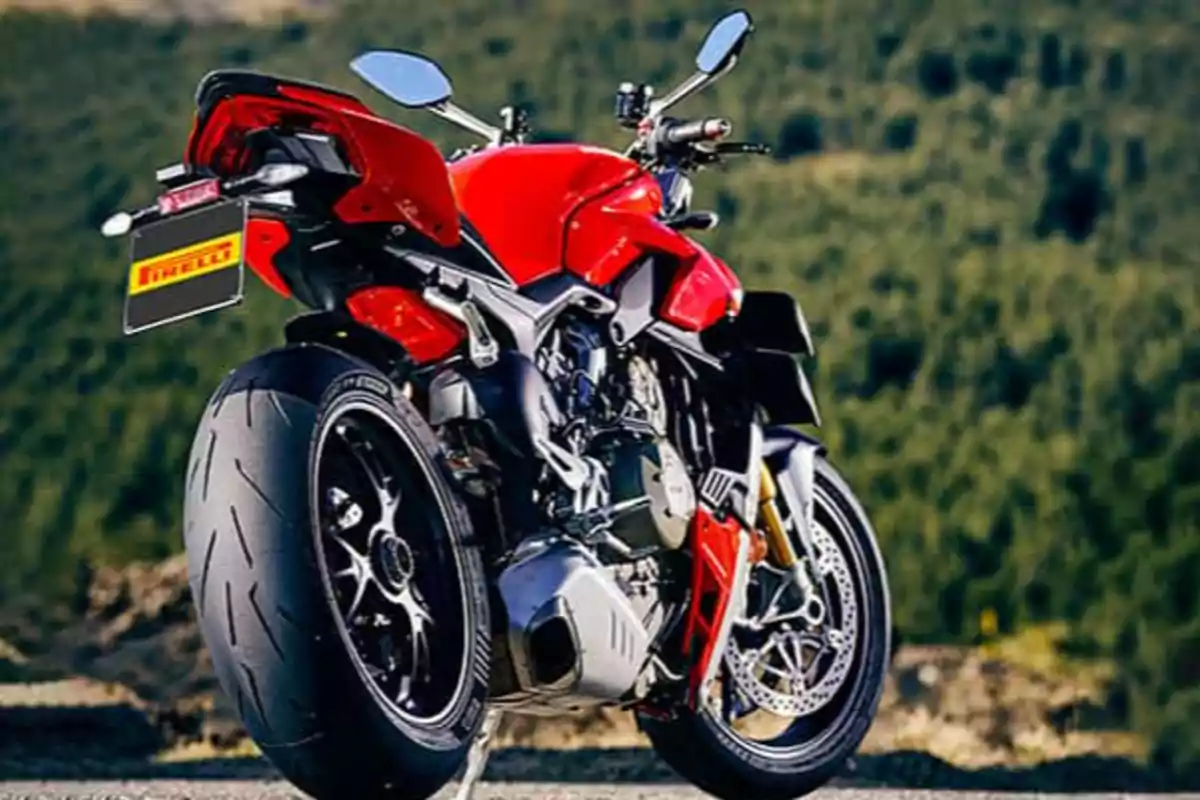
If the seller doesn't let you test it, that's a bad sign, but also understand that there have been many thefts that way.
5. Be wary of bargains
A very cheap motorcycle is almost never a real deal: it usually hides problems, or worse, legal irregularities.
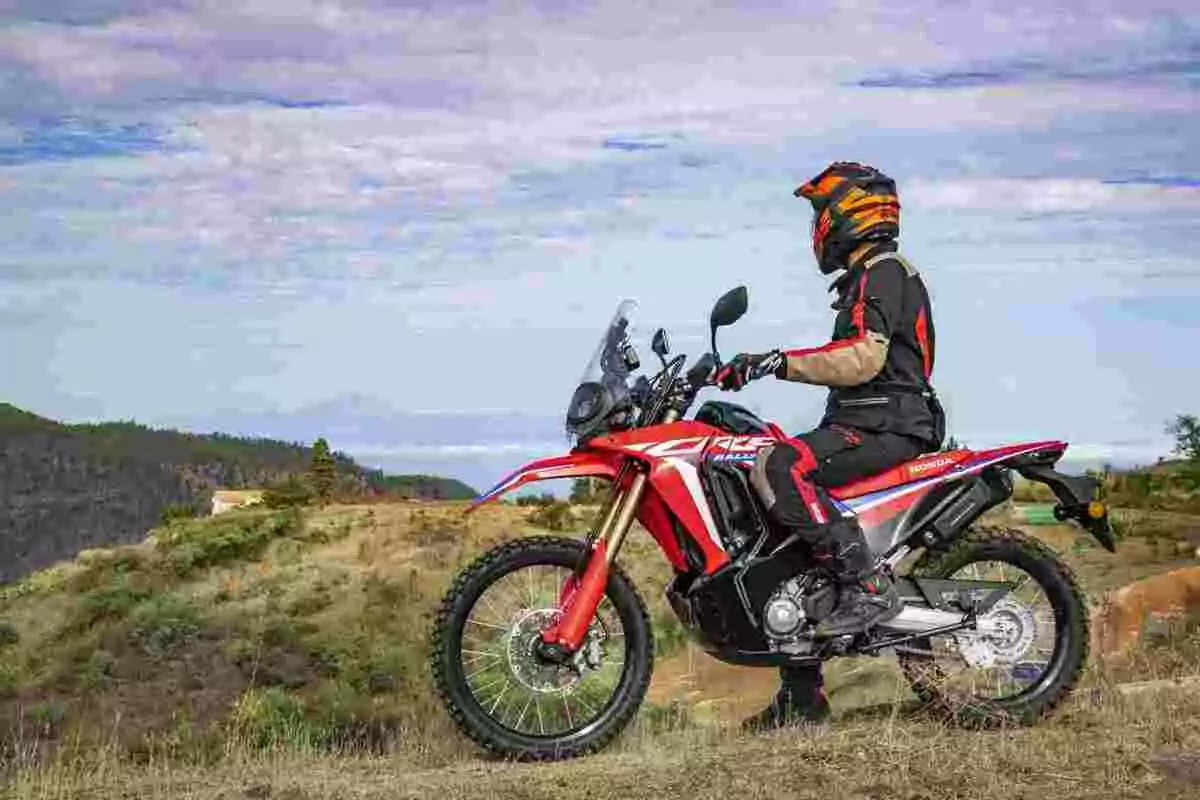
Compare market prices, ask for explanations, and use common sense. If something doesn't add up, it's better to let it go.
Conclusion: keep a cool head and your eyes wide open
The used market can bring you a lot of joy if you take your time and know what to look for.
Get well informed about the model you're interested in, take your time, and, as we said, ask someone experienced for advice.
With these five steps, you'll avoid surprises and have a better chance of getting a motorcycle that's worth it.
More posts: